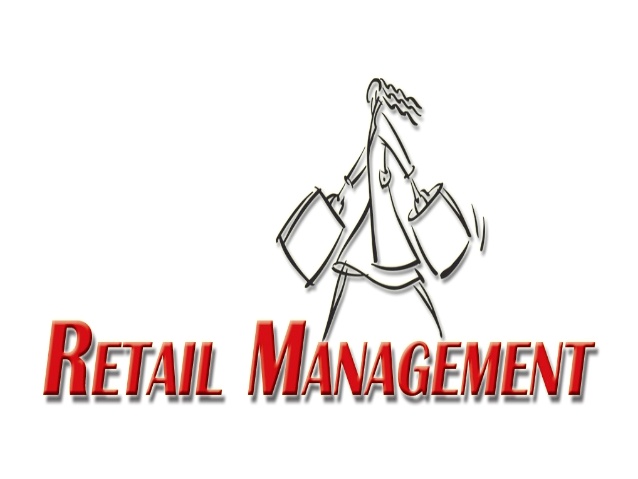OBJECTIVE:
The objective of the course is to supplement basic marketing and marketing strategy courses by focusing on problems and strategies specific to marketing of services. It focuses on targeting and positioning of services and helps the students to know the consumer behaviour in services. The course focuses on the unique challenges of marketing and managing services and delivering quality service to customers vis-a-vis attraction, retention, and building of strong customer relationships through delivery of quality service.
COURSE OUTCOMES:
CO1: Students will be able to understand and explain the nature and scope of services marketing.
CO2: Students will be able to understand the need of services marketing in a professional and engaging manner.
CO3: Students will be able to understand the challenges faced by the services marketing in traditional commercial marketing, e-marketing and non commercial environments.
CO4: Students will be able to understand the difference between marketing physical products and intangible services.
CO5: Students will be able to understand the extended services marketing mix, and the four unique traits of services marketing
CO6: Students will be able to provide a theoretical and practical basis for assessing service performance using company examples and report on this in a professional, logical and coherent way.
CO7: Students will be able to learn, modify, and/or extend new theories and concepts pertaining to explaining the characteristics of customers' purchasing
CO8: Students will be able to understand consumption behaviour of services and service firms' marketing behaviour.
CO9: Students will be able to understand the ethics in services marketing.
CO10: Students will be able to understand Service Marketing in e-Commerce, e-Marketing, and Telemarketing Services
- Teacher: Dr. PALVI BHARDWAJ
COURSE OBJECTIVE:
This course introduces the role of retailing and various formats and theories. It focuses on distribution management.COURSE OUTCOMES:
CO1: Understanding the central role of retail in industrialized societies, and the impact of key market/retail trends upon this sector in the local and global contexts.
CO2: Identify the key stakeholders and the roles/responsibilities of retail towards these stakeholders
CO3: Understand and apply appropriate frameworks to develop high level retail marketing strategy, and identify the role of marketing strategies in the building of brand equity and shareholder value in the retail industry
CO4:Evaluate the implementation of marketing strategy through the retail mix – including product and merchandise mix, pricing, location and store- design, promotions, and store management - to improve the total customer experience and retailer market competitiveness.
CO5: Interpret retail problems and be capable of critically evaluating and applying appropriate retail management models and theories to generate strategic and tactical solutions
CO6: Analyze how retail managers can make informed strategic choices in relation to managing channel partners, retail form (online vs. bricks and mortar), global sourcing, and managing staff to improve strategic outcomes.
CO7: Understanding the willingness to adapt is essential to a retailer’s survival.
CO8: identifying adramatic change in food retailing today.
CO9:Assess the variety and assortment levels of goods for each type of merchandise retailer.
CO10:Understanding how a retailer can increase sales from customers engaged in extended problem solving

- Teacher: ANUREETHA DAS